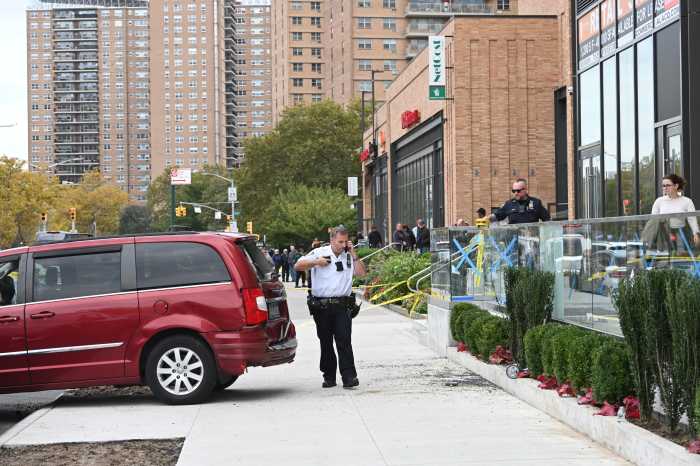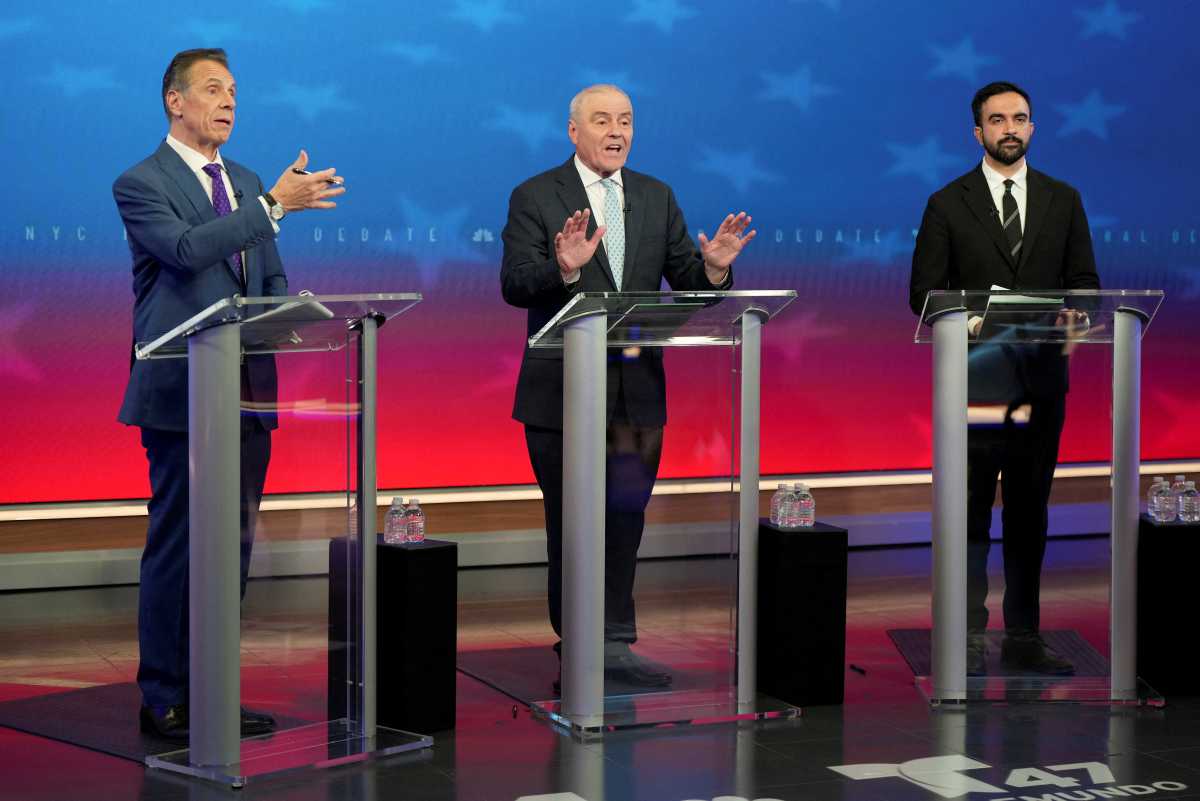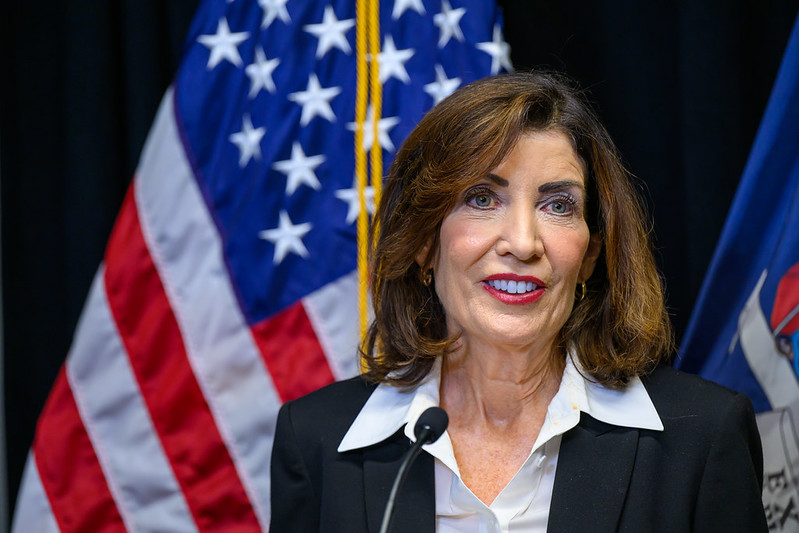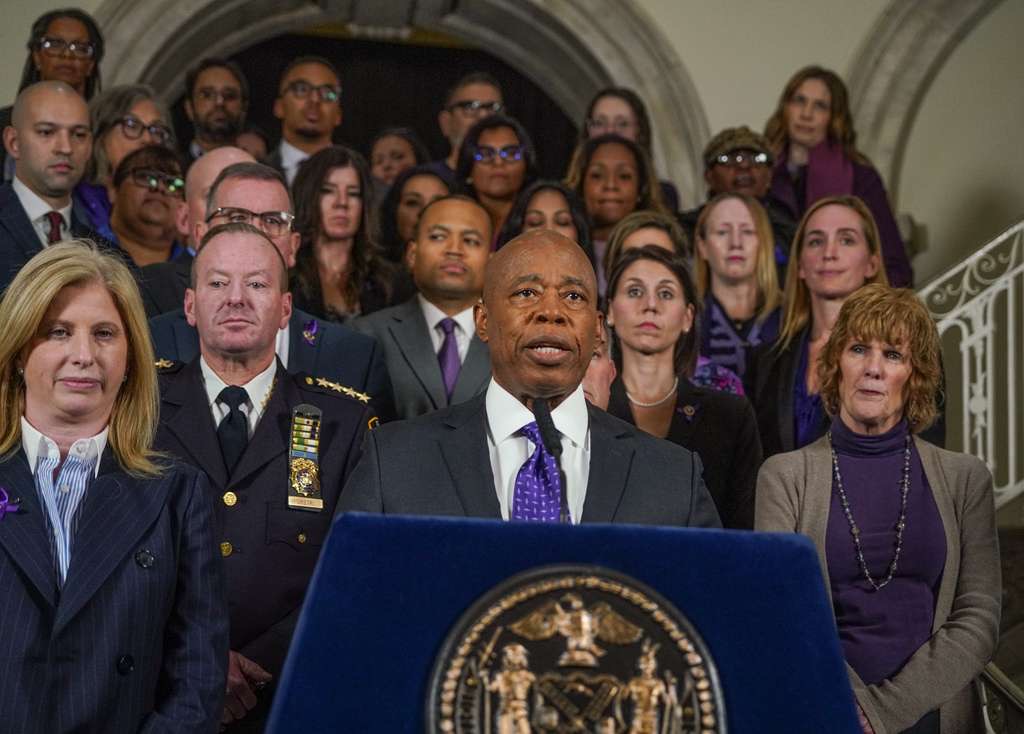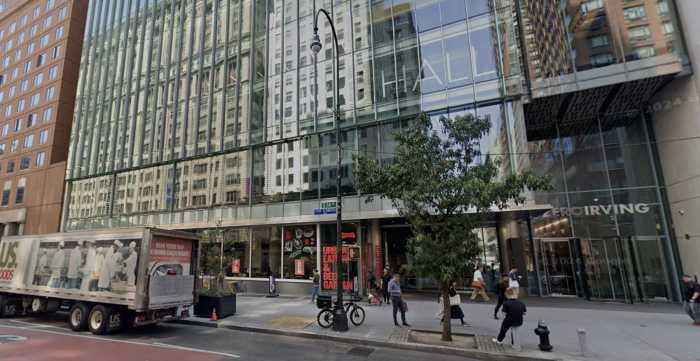From cuts in education to selling wine in grocery stores to shelling out more money on soda and cigarettes, Gov. Paterson’s $134 billion proposed 2010-11 state budget will affect Brooklynites of every social stratum.
Among the bigger cuts is a slashing of 5 percent or $1.1 billion in state school aid, which amounts to a $469 million cut to the city’s Department of Education.
Paterson’s budget also slashes aid to local municipalities, which the city says tops $650 million.
The decrease in aid to the city will mean layoffs to police, firefighters and teachers, according to Mayor Bloomberg, who testified against the proposed budget in Albany this week.
Despite the cuts, the proposed budget will actually increase state spending by $787 million from last year.
To increase the revenue, Paterson’s spending proposal would permit the sale of wine in grocery stores, legalize ultimate fighting, eliminate restrictions on the Quick Draw keno-like lottery game and extend the hours of video slot machines.
These measures would generate $430 million, according to the proposed budget.
The proposal would also add an extra $1 per pack tax on cigarettes from $2.75 to $3.75, which would generate $218 million.
Additionally, Paterson’s budget would impose a penny per ounce tax on sugared beverages, which would bring in $465 million in revenue.
Local lawmakers reacted to the proposal with mixed feelings.
“Being faced with the possibility of a $7.4 billion deficit is a daunting challenge that should neither be minimized nor understated,” said Sen. Carl Kruger, who heads the Senate’s Finance Committee.
“But this is just the opening salvo. We will leave no stone unturned. We will seek out every means possible to raise revenue without raising taxes, without raising fees, without gimmicks, without hurting the children who represent our future, and without imperiling those vulnerable New Yorkers who cannot speak for themselves,” he added.
City Councilmember Domenic Recchia, who chairs the Council’s Finance Committee, said the proposed cut to education was the most troubling.
“The Governor said his budget cuts total $418 million in education funding, but because he is combining school aid and school construction aid, it looks like the cut is closer to $500 million. I do not believe this is an appropriate way to distribute education funding. They must be kept separate,” said Recchia.
“Education funding is not a budget expenditure. It’s an investment in the future of our economy. If we do not give our students the tools they need to compete in a global economy, we will only suffer in the long run,” he added.
A final spending plan is expected to be passed by the state legislature and enacted into law April 1.


